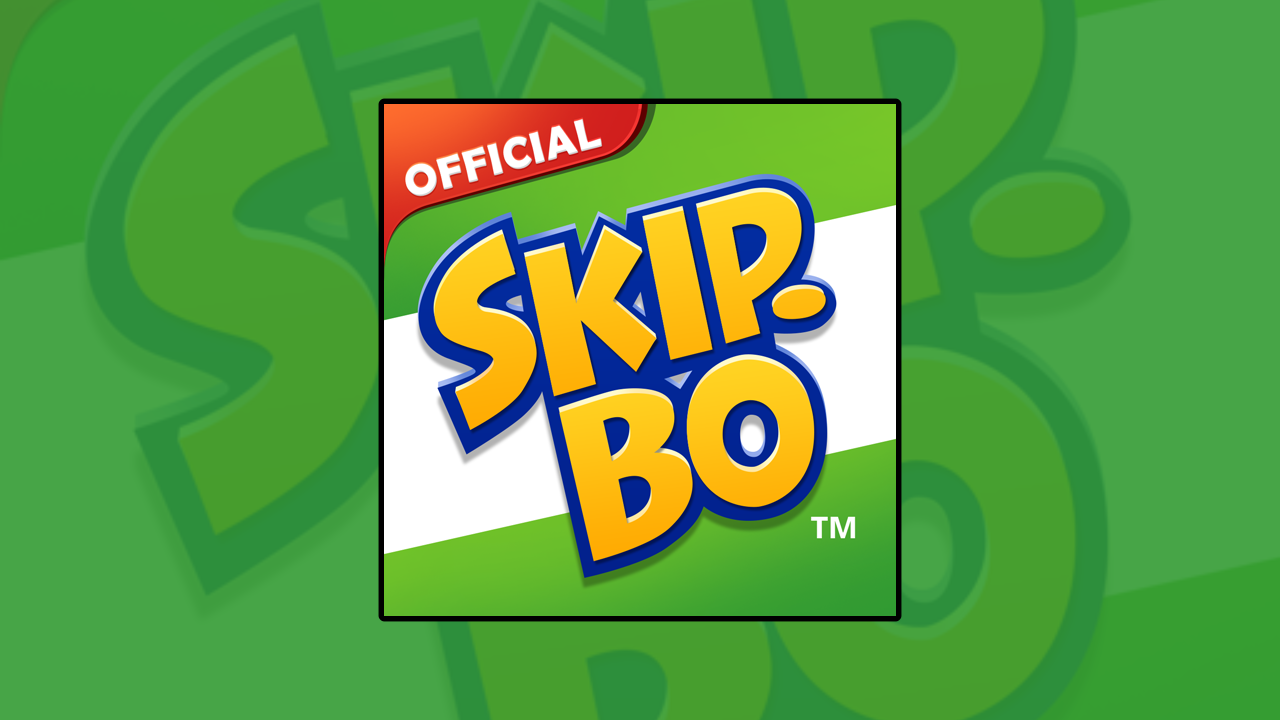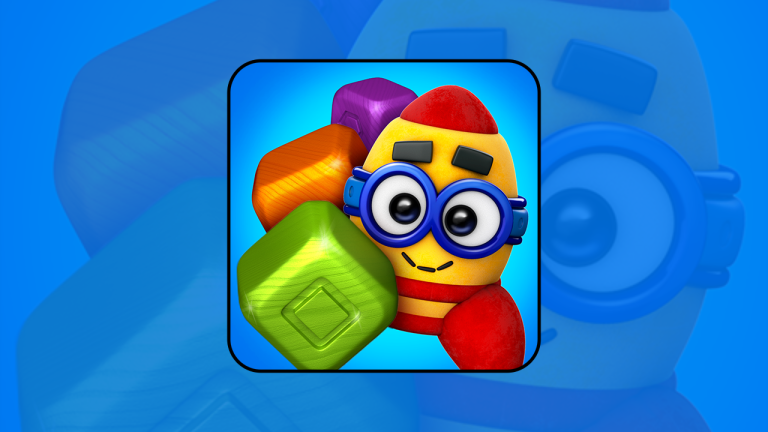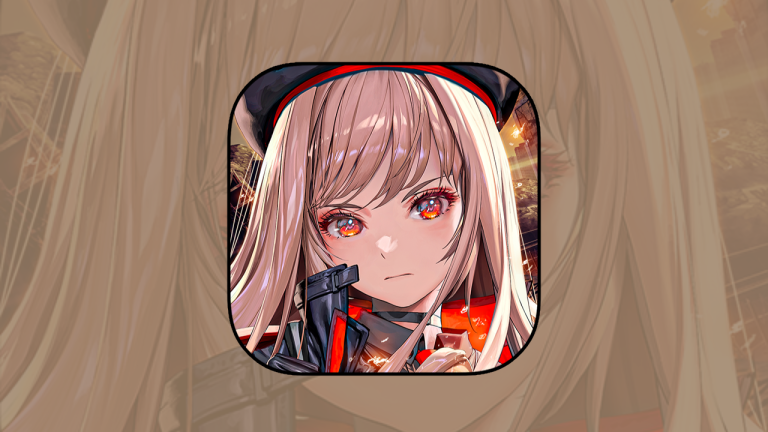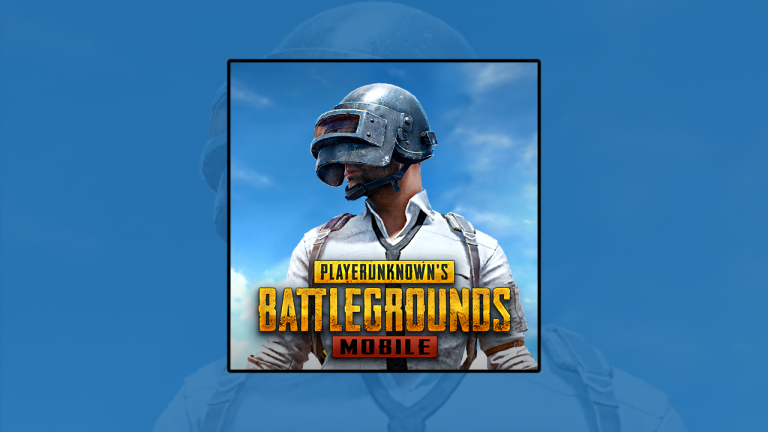Top 5 Best Skip-Bo Tips and Tricks You Must Know!
Hey there, fellow card game lovers! If you’ve landed on this page, chances are you’ve caught the Skip-Bo bug just like we have. Ah, Skip-Bo, that delightful game that’s kept us entertained during long road trips, lazy Sundays, and those nights when all we wanted was a fun game to play with friends and family. We’ve laughed, strategized, and yes, even groaned in playful frustration over this game. And through it all, we’ve picked up a trick or two that we’re itching to share.
Whether you’re a newbie just getting the hang of it or a seasoned player looking for some fresh strategies, we’ve got some tips that might just change the way you play. So, pull up a chair, get comfy, and let’s dive into the wonderful world of Skip-Bo on Android and iOS!
1. Get to Know the Basics
Ah, the foundation of any great strategy: understanding the basics. Now, we know what you might be thinking. “Hey, I’ve played a game or two; I know the rules!” And that’s great! But let’s take a moment to really break it down.
Skip-Bo is all about sequences. You’re aiming to play cards in a row, from 1 to 12. Sounds simple, right? But here’s the catch: you’ve got a stockpile of cards, and you can’t see most of them. The top card? That’s your golden ticket. It’s the one you want to play onto the building piles in the center. And if you can’t play it? Well, that’s where the challenge comes in.
You’ve also got a hand of cards and four personal discard piles. These are your tools, your resources. You’ll be drawing from your hand and playing onto the building piles or your discard piles. The strategy? To use these cards to help you play that top stockpile card.
So, before diving into advanced tactics, take a moment to really get familiar with the flow of the game. Play a few rounds, get a feel for the rhythm, and always keep that main goal in mind: getting rid of your stockpile cards. Trust us, a solid grasp of the basics will set you up for some epic wins down the road.
2. Play Your Stockpile First
At first glance, this might seem like a no-brainer. “Of course, I’ll play from my stockpile! That’s the whole point, right?” But let’s unpack this a bit more.
Your stockpile is the heart of your game. It’s the stack of cards that stands between you and victory. Every card you play from there brings you one step closer to winning. But here’s the thing: in the heat of the game, with so many cards in your hand and discard piles, it’s easy to get sidetracked.
Imagine this: you’ve got a great sequence going in the center piles, and you’re excited to keep that momentum. You’ve got a ‘5’ in your hand and a ‘6’ on top of your stockpile. The temptation? To play that ‘5’ from your hand. But wait! If you play the ‘6’ from your stockpile first, you’re making real progress. And guess what? You can still play that ‘5’ right after.
Another scenario? You’ve got a Skip-Bo card (the wild card) in your hand. It’s tempting to use it to complete a sequence in the center. But if using that Skip-Bo card can help you play a card from your stockpile, that’s the move to make.
The key takeaway? Always be on the lookout for opportunities to play from your stockpile. Even if it means breaking a sequence or using a wild card differently. Because at the end of the day, clearing that stockpile is what gets you the win.
3. Plan Ahead
Now, we’re getting into the real strategy of Skip-Bo. Planning ahead isn’t just about the current move; it’s about setting yourself up for success in the next few turns. Think of it like a game of chess, where each move you make now can influence the outcome several moves later.
When you look at your hand, don’t just see the immediate plays. Try to visualize the potential sequences you can create over the next few turns. For instance, if you have a ‘2’ and ‘4’ in your hand and a ‘3’ in your stockpile, you might want to hold off on playing that ‘2’ until you can use it to bridge the gap and play that ‘3’ from your stockpile.
Another thing to consider is your discard piles. As the game progresses, these piles become crucial for your strategy. If you’re discarding cards thoughtfully, you can set yourself up to have just the right card available when you need it. For example, if you notice you’re frequently needing ‘7’s and you have one in your hand that you can’t play immediately, consider discarding it so it’s ready for a future turn.
Lastly, always be mindful of what your opponents are doing. If you can anticipate their next moves, you might be able to block them or even better, set yourself up to capitalize on their plays. Remember, Skip-Bo isn’t just about playing your cards; it’s about playing your opponents too.
In essence, planning ahead in Skip-Bo is all about seeing the bigger picture. It’s about understanding the flow of the game, predicting what will come next, and making moves that will benefit you in the long run.
4. Use the Discard Piles Wisely
Ah, the discard piles. They might seem like just a place to toss cards you can’t use right away, but trust us, they’re so much more than that. Think of them as your secret weapon, your backup plan, your treasure trove of possibilities. Let’s break down how to make the most of them.
First off, it’s essential to remember that you have four discard piles to play with. That’s four opportunities to strategically place cards for future use. Instead of randomly discarding, think about how each card might benefit you later on.
For instance, let’s say you’ve got a bunch of high-numbered cards in your hand, and you’re nowhere near playing them in the center piles. Instead of scattering them across your discard piles, consider stacking them in descending order in one pile. That way, as the game progresses and those high numbers become playable, you’ve got a neat sequence ready to go.
On the flip side, if you’ve got a variety of numbers, it might be a good idea to spread them out across different discard piles. This gives you a broader range of options in future turns. Need a ‘5’? Check your first discard pile. Need a ‘9’? Maybe it’s in your third pile. By diversifying your discard piles, you’re setting yourself up to have the right card at the right time.
Another pro tip? Be mindful of the cards you’re placing on top of your discard piles. These are the cards you’ll have immediate access to on your next turn. So, if you think a particular card will be handy soon, make sure it’s on top and ready to play.
In essence, your discard piles are like a mini stockpile. They’re a resource, a strategic tool, a way to shape the direction of the game. So, next time you’re about to discard, take a moment to think: “How can this card help me later?” Trust us, a little foresight goes a long way.
5. Keep an Eye on Your Opponent
Skip-Bo isn’t just a game of cards; it’s a game of observation and strategy. And a big part of that strategy? Keeping tabs on what your opponent is up to. Now, we’re not saying you need to become a master spy or anything, but a little bit of attention can give you a significant edge. Here’s how.
Firstly, always be aware of your opponent’s stockpile card. Remember, their goal is the same as yours: to get rid of that stockpile. If you notice they’re close to playing a particular card from their stockpile, and you have the chance to block them, go for it! For instance, if their stockpile card is a ’10’ and the play area has a ‘9’, and you have both ’10’ and ’11’ in your hand, consider playing your ’10’ to block them. It might delay their progress and give you an advantage.
Next, watch their discard piles. Over time, you’ll start to notice patterns in how they discard. Maybe they always discard high numbers in the first pile and low numbers in the last. Or perhaps they’re stacking cards in a specific sequence. By observing these patterns, you can predict their next moves and plan your strategy accordingly.
Also, pay attention to their reactions. While Skip-Bo is a card game, it’s also a game of people. Sometimes, a sigh, a smile, or a little groan can give away more than you’d think. If they seem frustrated, maybe they’re stuck with a tricky stockpile card. If they’re looking smug, perhaps they’re about to make a big play. Use these cues to inform your decisions.
Lastly, remember that while you’re watching them, they’re probably watching you too. So, mix up your strategies, be unpredictable, and keep them on their toes. The more you can keep them guessing, the better your chances of coming out on top.
In a nutshell, Skip-Bo isn’t just about the cards in your hand; it’s about understanding your opponent and using that knowledge to your advantage. So, next time you play, take a moment to look up from your cards and see what’s happening on the other side of the table. You might just discover a whole new layer to the game.
In Conclusion: Mastering the Art of Skip-Bo
There you have it, folks! Our deep dive into the world of Skip-Bo. We’ve shared our insights, spilled our strategies, and hopefully, given you a fresh perspective on this classic card game. But remember, while strategies are great, the real joy of Skip-Bo lies in the fun moments, the unexpected turns, and the laughter shared with friends and family.
If you’re hungry for more Skip-Bo knowledge or just looking to dive deeper into strategies, we’ve got some fantastic resources for you. Check out these helpful links:
-
Skip-Bo Card Game: How to Play and Tricks for Winning – A comprehensive guide that breaks down the game step-by-step.
-
A Bit of Strategy in an Otherwise Light Game | Skip-Bo – A discussion on BoardGameGeek about the strategic elements of Skip-Bo.
-
Skip-Bo Rules – Learn how to play the game in an easy way – A straightforward site dedicated to the rules of Skip-Bo.
-
The ultimate guide: Skip-Bo Rules – How to play skip bo? – Another great resource that delves into the rules and offers tips and strategies.
-
How to Play Skip Bo: Game Setup and Rules – A wikiHow guide that walks you through the game setup and rules.
So, whether you’re a newbie or a seasoned pro, there’s always something new to learn and discover in Skip-Bo. Keep playing, keep learning, and most importantly, keep having fun. Until next time, happy gaming!






